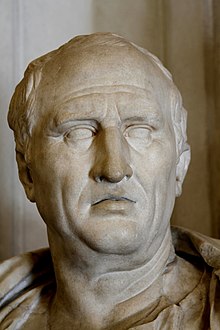Considering the poor state of affairs of the planet, of the nation in which I live, of the village in which I am stuck and of my general situation, it feels like a good idea to learn more about this Stoicism thing.
For this reason, I have just enrolled in the 2019 Stoic Week, a free online course and workshop that next month will help a few thousand people try their hand at the Stoic approach to living.
This year’s theme is Care for Ourselves, Others and our World, and sounds like the sort of thing that might become important in the future.
The 2019 Stoic Week will run from the 7th to the 13th October.
Perfect timing, considering the following week I plan to visit the local Oktoberfest with my brother and a few friends – first Stoic, then Epicurean.
This ancient philosophy thing is a lot funnier than it was in high school.




